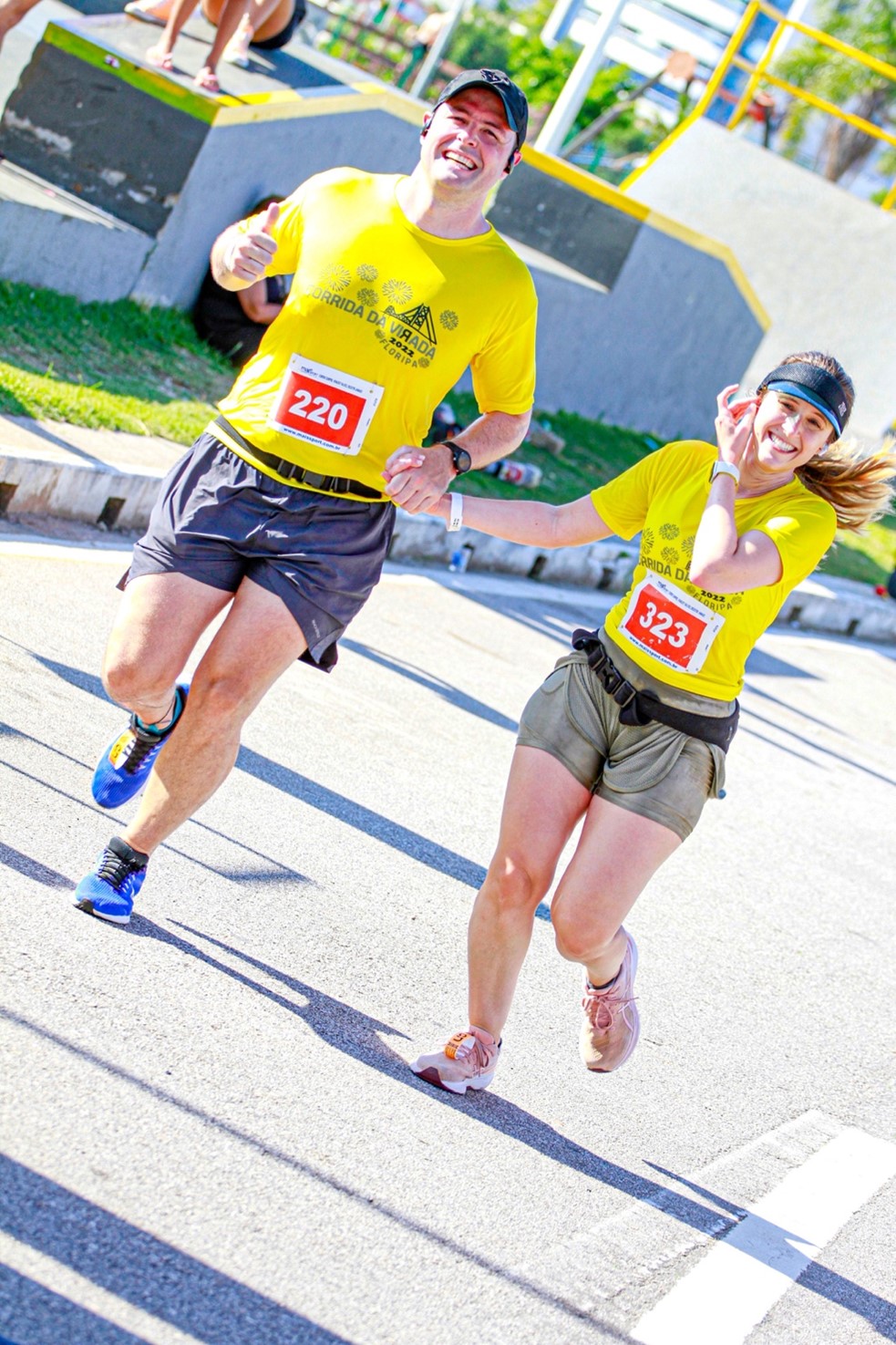An Unexpected Rehearsal For Cardiology Fellowship: Personal Perspective of an IMG
As a newly matched cardiology fellow-to-be, I noticed that my significant other, a healthy 30-year-old ophthalmologist, had quite prominent neck veins. He rarely complained of anything, but told me that he felt as if he did not have good exercise endurance compared to his peers, and that an Echocardiogram done in our home country years earlier had revealed "an enlarged right ventricle." Unfortunately, at the time he was told that it was likely a normal variant and would not affect his life, and no further investigation was performed.

A week later, we were in my residency's hospital cardiac imaging lab. While standing at his side during the exam, the obvious stood out: his right ventricle was significantly enlarged, and it did not seem to be at its full force. As soon as we left the room, I called my mentor to talk about what I saw. That's when our rollercoaster took off.
What came next were some of the scariest months we had to endure, filled with ECGs, a cardiac MRI and CT, cardiac catheterization, pre-operative assessments and INR management. It felt like a full cardiology fellowship rotation, but flipped to the perspective of the patient, and bitterly seasoned with travel restrictions to and from our home country as we were young international medical graduates (IMGs) in the midst of the COVID-19 pandemic.
My partner was ultimately diagnosed with Partial Anomalous Pulmonary Venous Return (PAPVR), with a drop in right ventricular function and a shunt fraction significant enough to warrant surgery sooner than later. As an IMG in unprecedently difficult times, the memories which stand out are the support of friends, attendings, fellows, and co-residents we had worked with for years.
Despite being privileged with the knowledge of his illness process, becoming the major support system of someone while being an internal medicine resident in a pandemic, separated from family due to strict travel bans, moving to a new city for fellowship, and studying to pass internal medicine boards were amongst the greatest challenges of my life. To complicate things further, we were running against the clock: the world expert adult congenital surgeon from our institution would soon retire and return to his home country. This race to get things done in record time reminds me of how much our colleagues and mentors become our family. This included many last-minute appointments and exams arranged, hosting visitors in the hospital, gift baskets, hugs that felt so familiar, call swaps and coverage. All the bonds we had made over the years were essential for us go through this successfully, and we did.
Now, a year and a half later, he continues to do very well and we completed our first 15km race and are training for a half marathon!
However, I wonder how many people are unaware of adult congenital heart diseases. My partner participated in physical activities his whole life. He was a regional swimming champion and served in the Brazilian Air Force. He had no clue of that extra volume overload in his right heart throughout these years. If a physician had a missed diagnosis, how many other patients miss the opportunity of an early diagnosis before complications appear?
Adult congenital heart diseases (ACHD) may go undiagnosed for several years. One in 1.3 million people in the U.S. have congenital heart disease as adults1. Several of these patients are diagnosed in infancy and childhood, but there is a parcel of them who are previously healthy and will not routinely seek care for subtle symptoms, especially the ones without adequate access to care2.
This highlights the need for a continuous effort to raise awareness for ACHD screening in the primary care and general cardiology settings, with prompt referrals when necessary.
Acknowledgements:
My brave, resilient, and patient partner, who went through open heart surgery like a walk in the park. He has authorized this manuscript and photo to be published.
Dr. Deborah Kwon, my phenomenal mentor from Cleveland Clinic, who also became his doctor and the kindest, most supportive mentor I could have asked for during the best and worst times.
Dr. Valeria Duarte, my brilliant Adult Congenital Heart Diseases Professor at Houston Methodist, also an IMG, who has provided continuous encouragement and teaching on this complex and mind-blowing topic.
References:
- Moodie, DS. Adult Congenital Heart Disease: past, present, and future. Tex Heart Inst J. 2011;38(6):705-6.
- Kwag EM, Lee JS, Kim SH. The incidentally diagnosed adult congenital heart disease during routine medical health checkups in 27,897 Koreans at a single center over seven years. BMC Cardiovasc Disord. 2018 Dec 5;18(1):223. doi: 10.1186/s12872-018-0968-0.
This article was written by Isadora Sande Mathias, MD, an FIT at Houston Methodist Hospital. Twitter: @IsaMathiasMD.
This content was developed independently from the content developed for ACC.org. This content was not reviewed by the American College of Cardiology (ACC) for medical accuracy and the content is provided on an "as is" basis. Inclusion on ACC.org does not constitute a guarantee or endorsement by the ACC and ACC makes no warranty that the content is accurate, complete or error-free. The content is not a substitute for personalized medical advice and is not intended to be used as the sole basis for making individualized medical or health-related decisions. Statements or opinions expressed in this content reflect the views of the authors and do not reflect the official policy of ACC.

